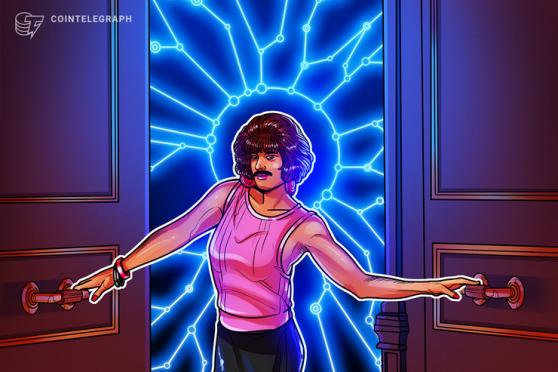Investing.com’s stocks of the week
In the wake of the rising popularity of games like Fortnite, Roblox and Minecraft and the concept of the Metaverse, the ability of “avatars” to escape unpleasant realities, or simply have fun, is emphatically relevant. It warrants a discussion on digital citizenship and the “inclusivity” of individuals and their identities in the virtual realm, and it provides new meaning for those with gender dysphoria or who identify as genderqueer.
In the real world, there is a known bias against those who do not identify with the sex assigned to them at birth. According to a recent study, approximately 2.7% of adolescents in the United States identify as trans or gender diverse. Extrapolating this to the global population, more than 200 million people likely fall into this category and come under pressure from societal exclusion, suppression of identities and marginalization, as well as a lack of awareness, access to facilities, security and safety.
